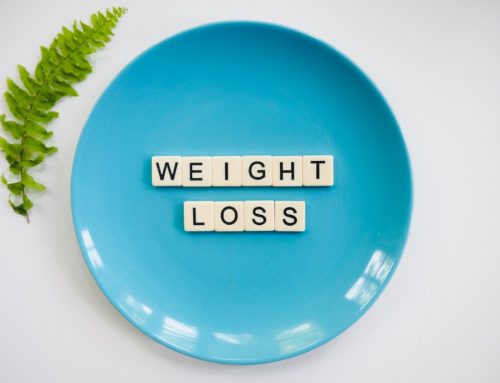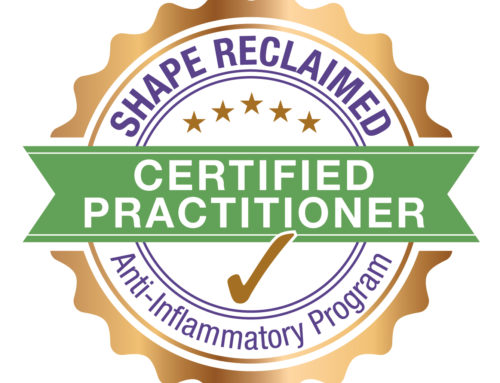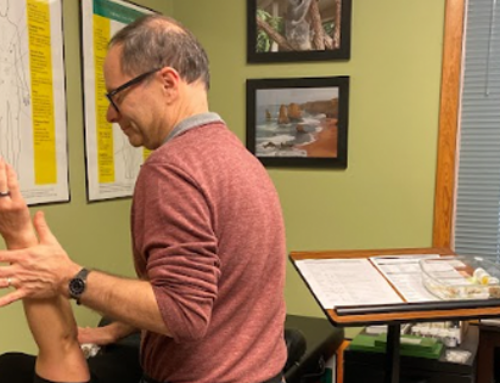One of the unique features of COVID-19 seems to be the loss of smell and taste. This is the consistent message we hear from our clients as we test for antibodies. Those that lost smell and taste generally had the coronavirus and now have antibodies. Those that thought they had the virus and did not lose smell or taste generally do not have antibodies.
We have discussed in the past the importance of minerals for so many of our basic life supporting processes. We have also recommended some specific nutrients to support the immune system. One of these is zinc.
One of the signs of a zinc deficiency is the loss of smell and taste. The logical conclusion is that as the body is fighting the virus, it is using up zinc, or did not have sufficient zinc to start with, hence the loss of smell and taste!
More About Zinc
Now let us learn more about zinc, its metabolic functions, causes of zinc deficiency, signs of zinc deficiency, and most important a simple test we can do in the office to assess zinc status.
Zinc is one of the key trace minerals that are body needs to function. Zinc plays a role in over 70 enzyme systems that drive biochemical reactions in the body. This is more than the rest of the trace minerals combined!
There are eight key metabolic functions of zinc. These include tissue growth; skin integrity and bone function; immune system support; cellular processes of replication, transcription, and translation; stabilization of membranes and fatty acids; night vision; carbohydrate metabolism; and omega-3 and omega-6 fatty acids conversions.
Zinc deficiency is quite common and increasing in the population. Some of the main causes of zinc deficiency are low absorption due to insufficient Hydrochloric Acid production; birth control pills; alcoholism; kidney disease; too much dietary protein, too much dietary phosphorus, too much iron; high phytate diets; steroid use; and poor minerals in the soil.
Signs of zinc deficiency include loss of smell and taste, failure to thrive, reduced immunity, reproductive difficulties, loss of appetite, and skin disorders such as seborrhea, scaling or flaking, and acne.
The Zinc Taste Test
The Zinc Taste Test is a non-invasive way to determine zinc status. You are given some solution to swish around in your mouth. How you react to it tells us your zinc status. If you would like to set up a zinc taste test you can call, text, email, or click here: SCHEDULE NOW Since this is such a critical factor for immune system health we will be offering the test for just $10, as opposed to the normal $35, for the rest of the year.
If we find that you require zinc supplementation there are several options. For those that are severely depleted we recommend Aqueous Zinc solution. The liquid form is highly absorbable. We also have zinc in several other capsulated or pill forms.
Zinc and Sexual Health
Zinc is also especially important for men. Zinc is one of the key requirements for prostate gland health. Men will want to make sure they are getting sufficient zinc. One in six men will be diagnosed with prostate cancer.
Zinc also has a special relationship with copper – one of antagonism. That means if your zinc levels rise, your copper levels will decrease, or if your copper levels rise, your zinc levels will decrease. This is very significant for women as too much copper can make them “copper crazy”. Too much copper throws hormones out of balance and results in many of the “female symptoms”. What gets copper levels high? The big three are birth control pills, copper IUDs, and soy (another reason not to like soy).
Food Sources of Zinc
Zinc is found in many foods including almonds, beets, carrots, cashews, Cheddar cheese, green peas, lamb, lean beef and pork, liver, milk, mushrooms, peanuts, poultry, pumpkin seeds, seafood (crabs, oysters, shrimp), sesame seeds, spinach, wheat germ, whole grains, and yogurt. Lots of healthy food choices to get your zinc!
To review some of our past blogs on the importance of minerals click here Minerals Blog Posts







